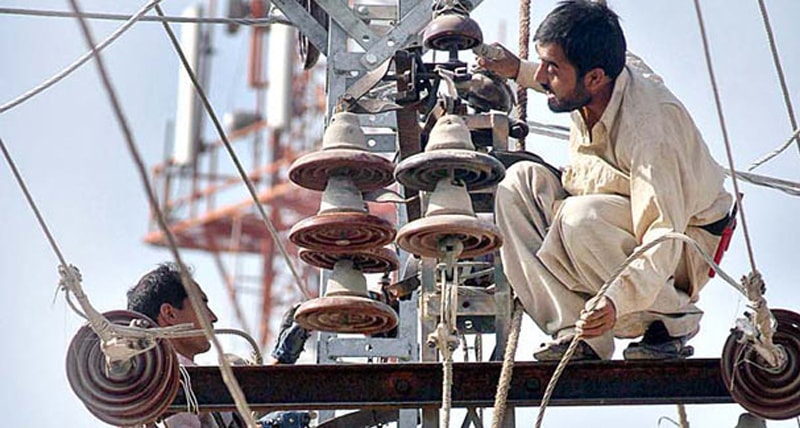
ISLAMABAD: The National Electric Power Regulatory Authority (Nepra) on Thursday ordered ex-Wapda distribution companies to refund Rs2.23 per unit to consumers for overcharging them Rs22 billion in October.
A public hearing presided over by Nepra Chairman Tariq Saddozai was informed that Central Power Purchasing Agency (CPPA) had reported actual fuel cost during October at Rs5.13 per unit as against Rs7.34 per unit reference cost set by the regulator because of lower actual fuel cost, better energy mix and low consumption.
Mr Sadozai expressed the concern that the power sector authorities were continuously violating economic merit order and running expensive plants while cheaper ones were available for power generation. He said the regulator has repeatedly been raising the issue but in vain. Therefore, he ordered a written explanation should be sought from the relevant agencies.
Responding to a question from the participants, the chairman said Nepra had not been intimated about a government decision to shut down furnace oil-based plants.
General Manager CPPA Mohammad Ilyas, however, said these plants were closed due to slump in demand because of winter season. He said the power authorities had to shut even some gas-based plants as total demand plunged to 10,000-11,000 megawatts in recent days.
An official that even though the regulator ordered refund of about Rs22bn, the distribution companies would pass on only half of the amount to consumers and retain about Rs11bn as windfall saving. This is because of the government policy that allows Discos to charge double the fuel cost of electricity as advance billing to consumers and refund only half of actual overcharged amount on the regulator’s orders.
Under the practice in vogue, the distribution companies are charging significantly higher estimated fuel charge to power consumers which is later adjusted against actual cost in a subsequent month with the approval of the power regulator.
The practice helps power companies generate billions of rupees (around Rs120bn a year) from consumers in advance and have better cash flows without financing costs.
The relief in electricity rates would not be applicable to agricultural consumers and residential consumers with less than 300 units of monthly consumption under a decision of the PML-N government on the grounds that these categories were already being provided subsidised electricity and hence do not qualify for monthly fuel price cut. The KE consumers would also not benefit from the relief.
The Nepra case officers reported that the regulator had previously approved the reference tariff of Rs7.34 per unit for October but actual fuel cost turned out to be Rs5.10 per unit. Therefore, there was a legal requirement to return Rs2.23 per unit to consumers.
The petitioner said about 10,17GWh (GigaWatt hours) were generated in October at a fuel cost of Rs50.3bn and 9,866GWh could be delivered to distribution companies due to about 2.95pc transmission losses. The CPPA supplied 9,866GWh to the distribution companies at a cost of Rs50.6bn.
The hearing was informed that the hydropower contributed about 24pc electricity to the overall basket, having zero fuel cost and was about 12pc lower than last month. Also, the wind and solar plants together contributed about 1.36pc energy at no fuel cost.
The power generation from furnace oil-based power plants amounted to 25pc, about 5pc higher than last month and had a per unit fuel cost of Rs9.75 per unit in October. Nuclear power plants contributed about 8.23pc energy to the system at a fuel cost of 96 paisas per unit.
Likewise, the natural gas-based generation stood at 18.3pc in October at a cost of Rs4.63 per unit while LNG contributed 14.67pc share to generation at a rate of Rs7.9 per unit.
The generation from coal-based plants was reported at 6.75pc in overall supply at a cost of Rs4.3 per unit.
According to Nepra, the fuel cost of electricity delivered to distribution companies was calculated at Rs5.10 per unit in October against the reference price of Rs7.34 per unit. Therefore, it ordered refund of Rs2.23 per unit.
Published in Dawn, November 24th, 2017













































